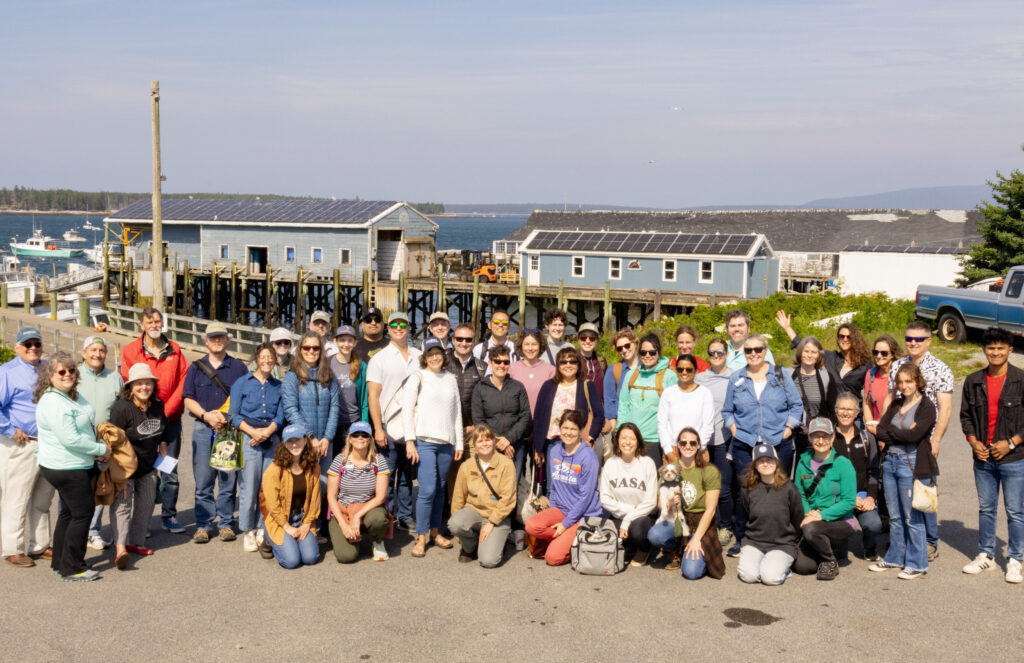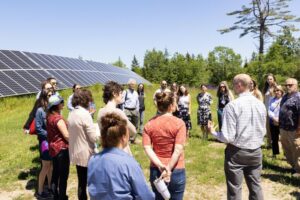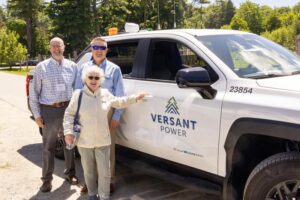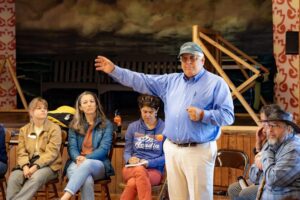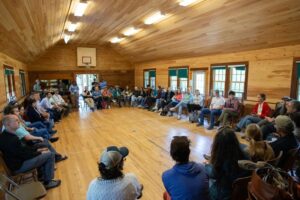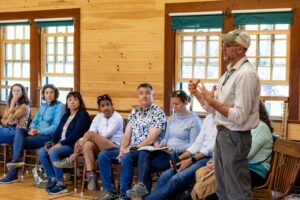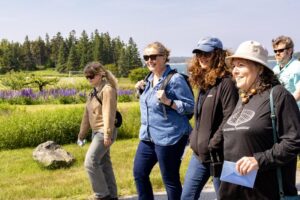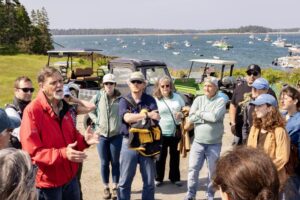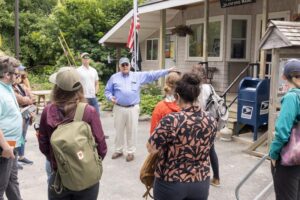Maine is at the forefront of community energy transitions, with Island Institute serving as the Northeast Regional Partner for the U.S. Department of Energy’s Energy Transitions Initiative Partnership Project (ETIPP). In collaboration with the National Renewable Energy Laboratory, we provide vital technical assistance to islands and coastal communities to develop clean energy strategies and actionable projects. Our central mission is clear: energy resilience.
Since 2021, we have assisted communities across the Northeast in navigating the unique challenges of clean energy transitions. We are part of a broader effort, the ETIPP network spans eight regions nationwide and includes other organizations leading on climate planning and energy transitions. Earlier this summer, Island Institute hosted a week-long convening, bringing together over a hundred people from Alaska to Puerto Rico – community members, technical assistance providers, and organizations – dedicated to advancing rural energy transitions.
The convening took place at the College of the Atlantic’s Davis Center for Human Ecology—a building constructed to the stringent German Passive House standard— which seamlessly merges beauty, sustainability, and learning. The event featured a mix of large presentations, workshops, and intimate conversations, fostering deep engagement and knowledge-sharing.
We also ventured into nearby communities to learn about energy transitions in progress. In Tremont, A Climate to Thrive and local leaders walked us through the history behind the town’s municipal solar array.
On the final day, community leaders welcomed the group to Islesford to hear about their ongoing efforts to build climate resilience. The Cranberry Isles Solar Association (CISA) greeted us with homemade gingerbread at the Neighborhood House and shared their stories about winter storms and power outages. Residents, Select Board Members and business leaders also highlighted the Cranberry Isles broadband initiative, to illustrate the powerful synergy between federal support and local action required to develop and implement island wide infrastructure upgrades.
We witnessed the community’s unwavering commitment to energy independence, including a municipal resilience hub, a solar and battery array under construction at the town office. At the Little Cranberry Lobster Co-op, where a solar array—supported by the Island Institute—powers the facility, managers and fishermen affirmed how renewable energy helps sustains the island’s economy and way of life.
“When do we get lobster?” a participant from the other coast had asked on the first day. As we savored the Co-op’s fresh lobster rolls and gazed out at the water, many of us reflected on the week’s learnings with a renewed sense of inspiration and feelings of hope. Community-driven efforts are vital to building a sustainable and resilient future—an endeavor we are proud to champion as part of Maine’s leadership on the national stage.
